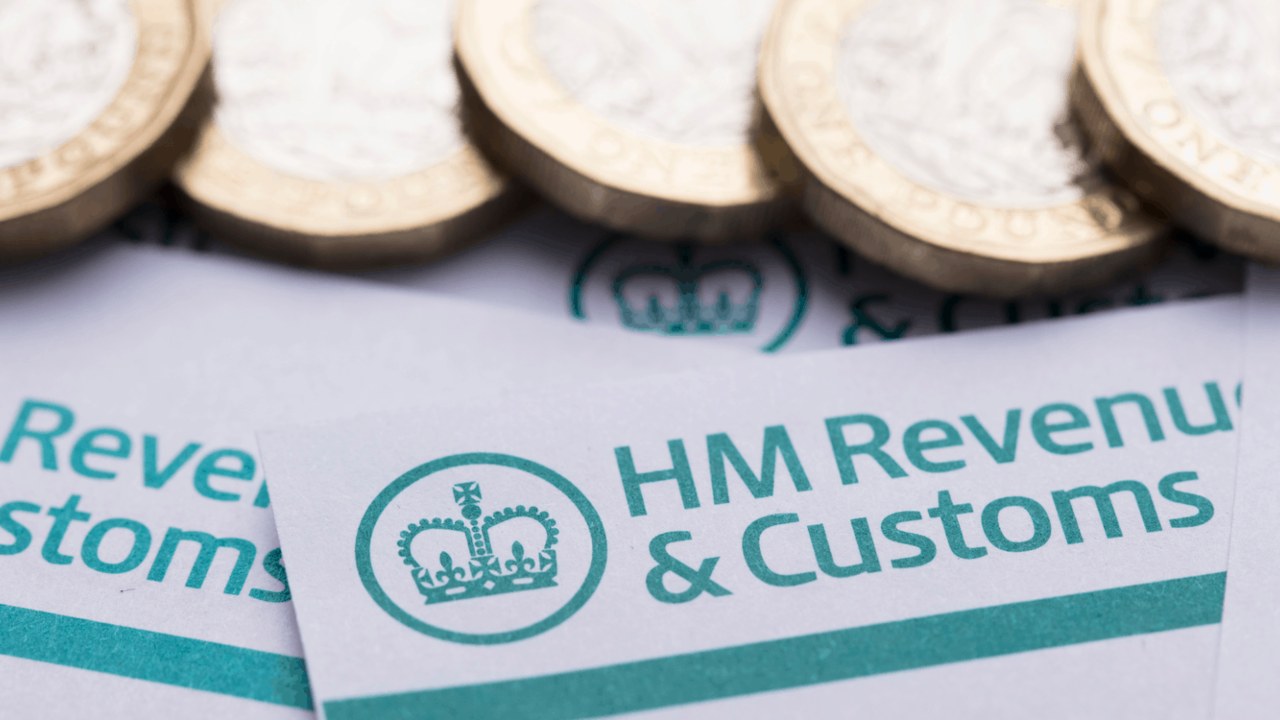HMRC Taxes: If you’re planning to leave the UK and settle abroad, assuming that HMRC (Her Majesty’s Revenue and Customs) taxation won’t apply to you could be a big mistake. Tax experts warn that even after leaving the UK, three types of taxes can impact your finances. Therefore, gathering timely information and taking the right steps is crucial.
1. Tax on UK Rental Income
If you own a house or property in the UK and rent it out, HMRC will continue to tax that income. Accounting experts say this falls under the “Non-Resident Landlord Scheme,” under which the letting agent is required to deduct tax at source.
Even if you’re no longer a UK tax resident, you’ll still need to report this income to HMRC through your tax return.
2. Taxation on Pensions
If you have a UK “Civil Service Type Pension” or a government pension, this pension will remain taxable in the UK even after you move abroad. However, in most cases, a “Double Taxation Treaty” can provide relief from double taxation. Experts say that claiming relief in the other country may be necessary to avoid tax on pension income.
It’s worth noting that the definition of which pensions qualify as “government pensions” can sometimes lead to disputes between countries.
3. Inheritance Tax (IHT)
From April 2025, the UK has made significant changes to the IHT (Inheritance Tax) rules. Now, not just the domicile test, but also the “Long-Term Residence Test” will apply. If you have been a UK resident for at least 10 of the last 20 tax years, your worldwide assets will also be subject to British IHT. However, those who have been non-residents for a long time and have severed their permanent residency ties with the UK may be exempt from this tax.
How to avoid HMRC’s trap?
Experts say you should consult a professional tax advisor before moving abroad. Proving your “non-domicile” status, taking advantage of double taxation agreements, and filing your tax returns on time are steps that can help you avoid unnecessary tax burdens.
